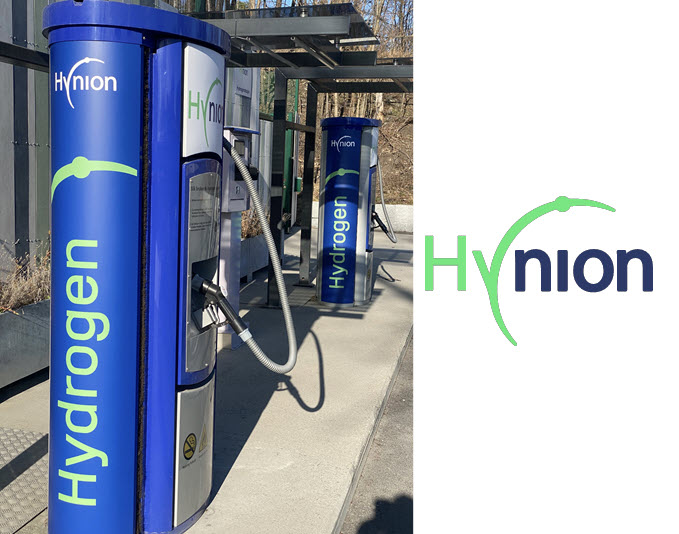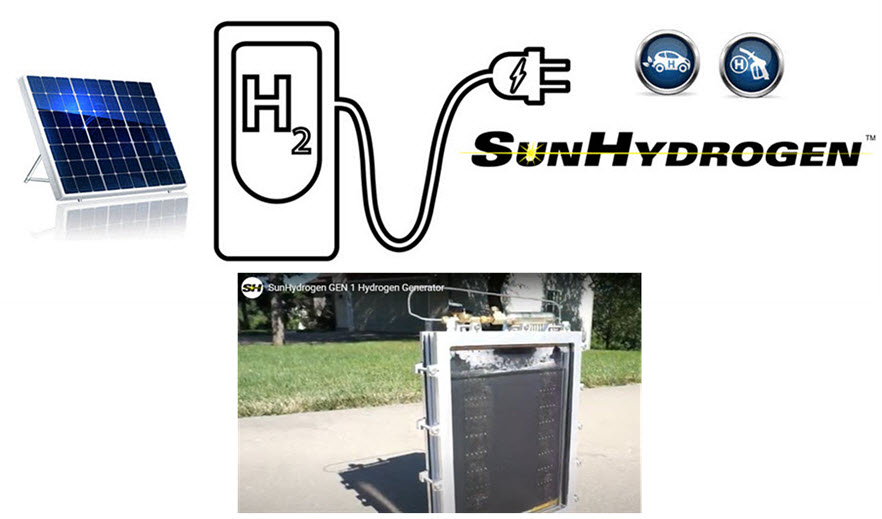
ZeroAvia Expands its Hydrogen-Electric Aviation Program to 19-Seat Aircraft and Raises Additional $13 Million in Funding for Large Engine Development
June 29, 2021 | 5 min read June 29, 2021 | 5 min read- ZeroAvia secures two Dornier 228 aircraft for the next phase of its research and development for clean hydrogen-electric aviation.
- The 19-seat program will take place at the company’s newest facility in Kemble, UK, with additional support from its Hollister, CA location.
- This 600kW hydrogen-electric powerplant initiative builds on the company’s technological achievements and flight testing of its hydrogen propulsion powertrain in its 6-seat aircraft prototype.
KEMBLE, United Kingdom and HOLLISTER, Calif. — To continue the company’s trajectory toward zero-emission flight, ZeroAvia is ramping up its 19-seat aircraft program to decarbonize and revolutionize regional air travel.

















